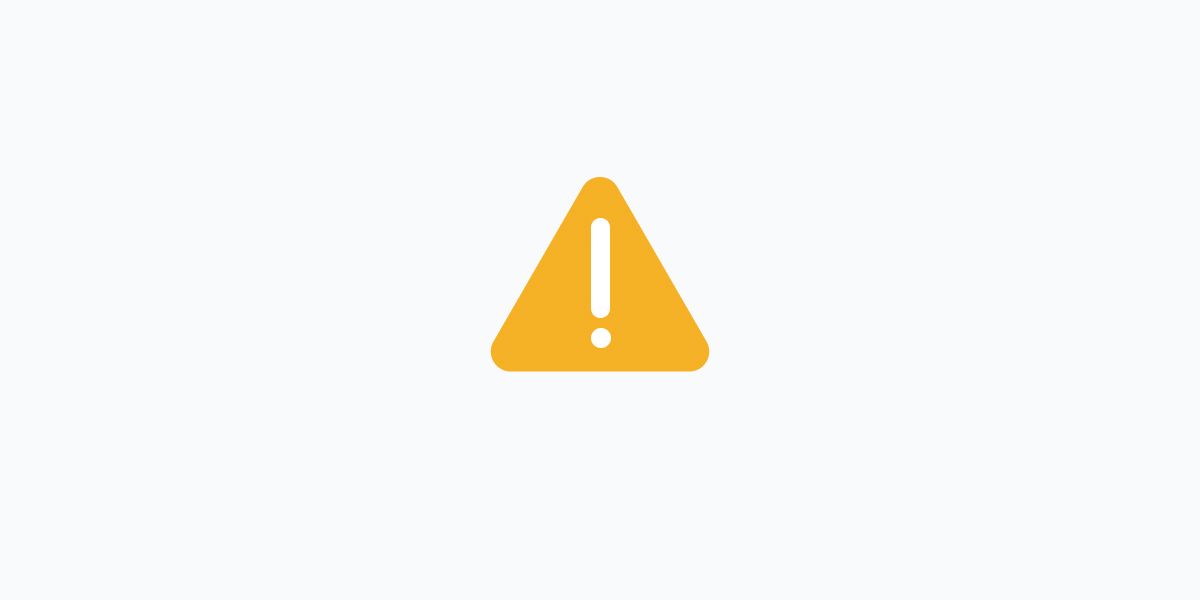Common scams to avoid when using Cryptorefills

Darwin Delrosario
Enlightenments
3 Min read

The world of cryptocurrency is no stranger to hackers, scammers, criminals, and other unsavory characters who aim to separate you from your hard-earned money. In this article, we will explore some of the most common scams and how to avoid them.
The ability to transact with anyone, anywhere, in any amount, with fast, cryptographically verifiable settlement has been one of the most fundamental and important qualities of Bitcoin.
This freedom attracts not only individuals seeking to regain control of their personal finances but also thieves, due to the irreversible and pseudonymous nature of Bitcoin payments.
Over the years, many early Bitcoin adopters have fallen victim to various scams, ranging from elaborate schemes to more simplistic tricks. As a global Bitcoin business, Cryptorefills has also faced its fair share of scammers attempting to steal our customers’ valuable Satoshis. Here, we will discuss how to avoid these pitfalls.
Common scams to avoid when making a purchase with Cryptorefills
Fake customer support asking for Bitcoin
If someone asks you to send them money in one of our Telegram groups, Reddit, Twitter, or any other communication channel, they are attempting to scam you. They may even use a Cryptorefills logo or domain in their profile to create false credibility. Do not send them funds, and please report/block the user profile.
We never ask for any funds in any of our support channels.
Fake communication from Cryptorefills
Similar to fake customer support, this can include emails, fake Twitter accounts, fake Facebook accounts, or fake Telegram groups. The ultimate goal is usually for the attacker to steal credentials or private access (remember that if you share your invoice link, someone else can read your gift card code), and can also be used to direct users to a fake Cryptorefills website.
Fake Cryptorefills website
Scams often involve creating a counterfeit Cryptorefills website and directing real customers to the fake site for fraudulent purchases. They create a clone of our website and host it on a URL that looks similar to ours, such as:
- cryptorefllls.com
- cryptorefiils.com
- cryptorefills.app
On the fake website, everything appears similar, but the payment address will be different, and the money will be sent to the attacker instead. This scam can also be used to steal credentials; if you log in to your Cryptorefills account on the fake website, the attacker will have access to your login credentials on the real site. This could allow them to steal your account balances or unused gift card codes.
Fake Cryptorefills hack
Typically, in a social media chat group or shady forum, the attacker claims they have a way to exploit our system and receive free money/products or at a discount. To do so, they ask the user to install a browser extension or paste some code in their browser’s console. This results in the user getting an address replacer malware on their computer, which will replace Cryptorefills’ or any other crypto addresses you want to pay.
Other regularly encountered Bitcoin scams
In addition to scams that target Cryptorefills specifically, Bitcoin has many similar scams that are common ways for new users to be taken advantage of. Here are some scams you may come across that can be easily avoided.
Fake Bitcoin giveaways, ransomware, cryptojacking, blackmail scams, sim swapping, Ponzi schemes, fake exchanges and wallets, fraudulent tokens, pump & dump schemes, and trading bots, classes, and paid trading signal groups are all examples of scams in the Bitcoin world.
Always be skeptical, practice “trust, but verify,” and remember the golden rule: “Not your keys, not your coins.” This article only scratches the surface of the scams one can fall victim to in the world of Bitcoin.